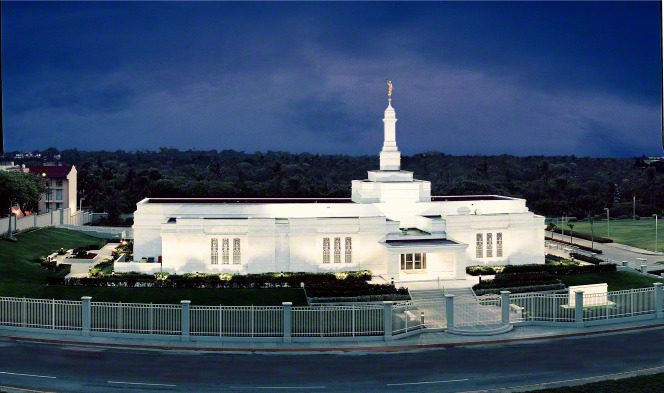
I was very pleased to hear President Dallin H. Oaks ask us not to use the word priesthood to refer to the body of men who have been ordained.
This has always bothered me. I’ve never liked hearing that “The priesthood will be gathering for basketball on Thursday night,” or “The priesthood will be cooking pancakes in the park on the Fourth of July.”
I realize, of course, that this reflects a legitimate English usage — e.g., “In pharaonic Egypt, the priesthood had great power and often owned enormous tracts of land.”
But, for Latter-day Saints, an important doctrinal point is at stake, and clarity is important.
In German, there are two distinct terms that can be translated as priesthood: Priesterschaft and Priestertum. The first refers to a group of priests (or, in the Latter-day Saint context, to a group of boys and/or men holding the Aaronic or Melchizedek priesthood). The second refers to “priesthood” in the sense of an authority that can be transmitted to or conferred upon someone, but not to any person or group of persons that receives such authority. It seems to me a useful distinction, between two things that need to be kept distinct.
In English, we should never confuse Priesterschaft with Priestertum. Priesthood is an authority that may or may not have been conferred upon a person. We should never come within light years of confusing it with simply being male. When men gather to play softball or to flip pancakes or to move a piano or fix a widow’s screen door, they may well even be acting meritoriously and in accordance with principles of priesthood service or quorum fellowship, but they’re not acting, strictly speaking, as priests. They aren’t the priesthood. They are bearers of it.
***
From the Washington Examiner:
The social science on this is really quite strong.
And then there’s this, in The Atlantic:
And as if those new items aren’t enough for your already-bulging “Religion Poisons Everything” file, how about this?
(I’ve been slow in posting it, since Dr. Jeffrey M. Bradshaw, a vice president of the Interpreter Foundation who is currently serving with his wife in the Democratic Republic of the Congo Kinshasa Mission, brought it to my attention last week.)
And how about this?
“Mormons in Mexico Help Rebuild Communities in Aftermath of Destruction”
I was very pleased to see Church help going to, among others, a small Protestant congregation whose building had been destroyed.
Love is one of the chief characteristics of Deity, and ought to be manifested by those who aspire to be the sons of God. A man filled with the love of God, is not content with blessing his family alone, but ranges through the whole world, anxious to bless the whole human race. (Joseph Smith, History of the Church, 4:227)
You and I can help:
And we shouldn’t wait until after the next catastrophe or humanitarian crisis to do so. When there is urgent need, the resources need to be immediately ready for deployment.












